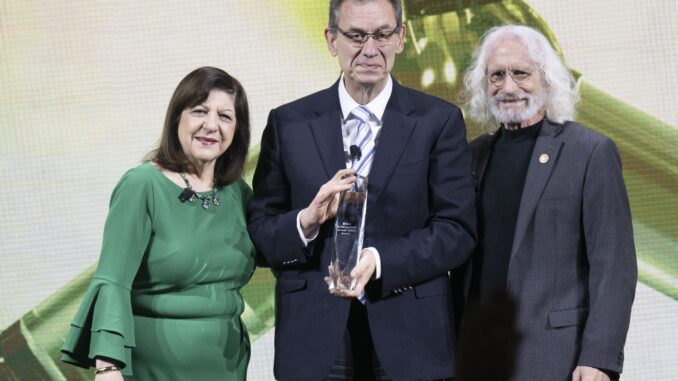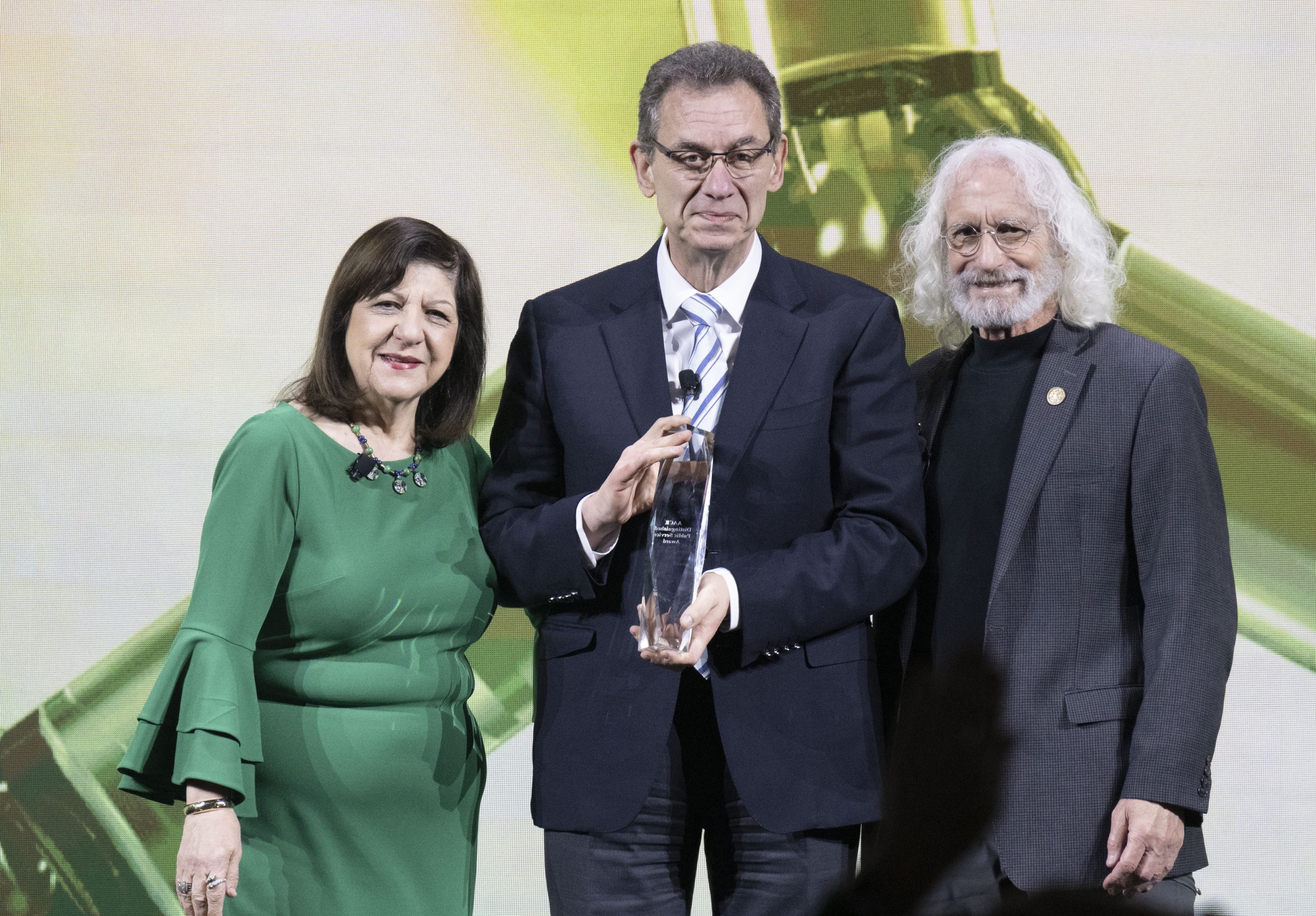
In a move that has left many shaking their heads, the American Cancer Society (ACS) has named Pfizer its “Corporate Partner of the Year,” celebrating the pharmaceutical giant’s contributions to cancer research and treatment.
The irony? This comes as turbo cancer—aggressive, fast-growing malignancies—has been surging worldwide, with mounting evidence of incontrovertible links to Pfizer’s mRNA COVID-19 vaccine.

BYPASS THE CENSORS
Sign up to get unfiltered news delivered straight to your inbox.
You can unsubscribe any time. By subscribing you agree to our Terms of Use
Latest Video
Pfizer proudly boasts that it has “long supported the ACS’s mission to improve the lives of cancer patients and their families.” In a statement on the company website, Pfizer said, “Through our partnership, we are advancing groundbreaking research and providing critical support to those affected by cancer.”
Yet, critics argue that Pfizer’s role in the growing cancer crisis should be investigated rather than celebrated.
Over the past two years, oncologists worldwide have raised alarms about an unprecedented spike in aggressive cancers, often appearing in younger, previously healthy individuals. The term “turbo cancer” has emerged to describe these cases, which some scientists believe are triggered by immune system suppression following mRNA vaccination.

Pfizer’s partnership with the ACS also raises serious ethical concerns. If a corporation responsible for a product potentially driving a cancer epidemic is simultaneously funding cancer research and treatment, is it truly about saving lives—or about profiting from both cause and cure?
With billions of dollars in revenue from its COVID-19 shots and a growing foothold in oncology, Pfizer appears to be playing both sides of the crisis it helped create. And now, it’s being awarded for it.

